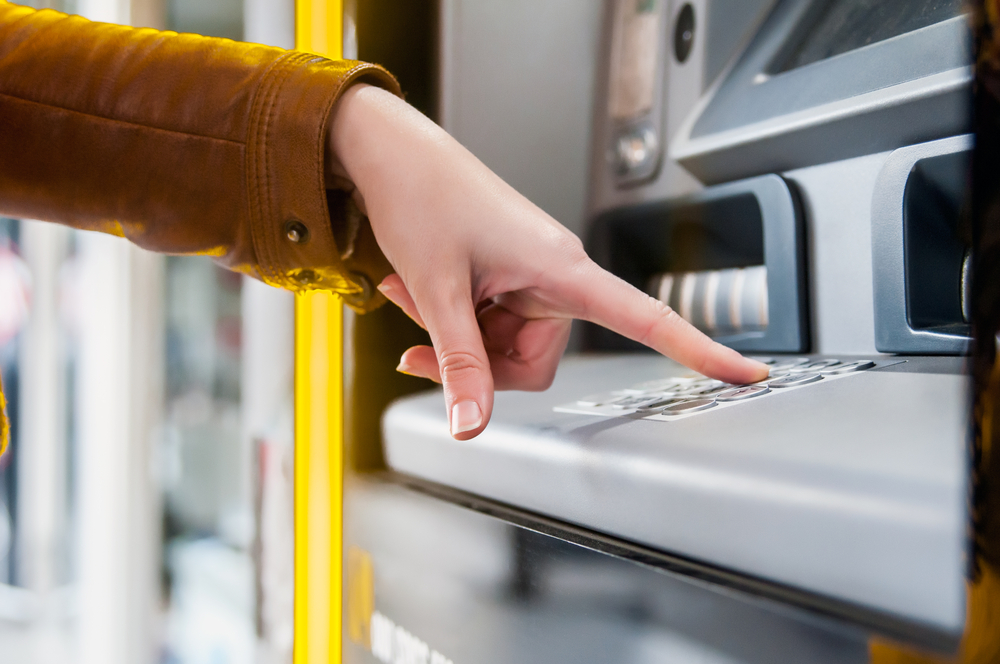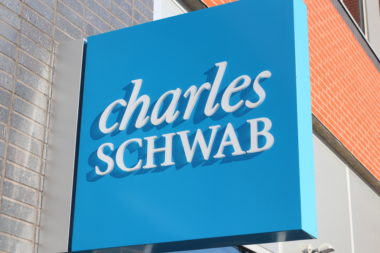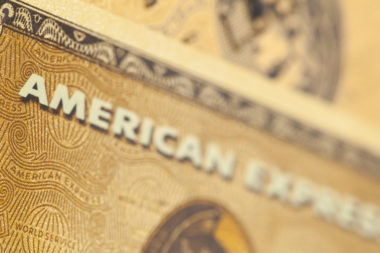Bad credit doesn’t just hold you back from various credit benefits such as lower interest rates and better credit card rewards. It can also make it hard for you to be approved for various things, such as apartments, mortgages, loans, and bank accounts.
Bank accounts, in particular, aren’t always discussed in relation to credit. However, if you have a bad credit history, it can lead a bank to deny your application when you go to open up a checking account. While you can work around the problem, it will take putting in some additional effort and resourcefulness.
Below is information, resources, and tips to help you open a bank account, even if you have bad credit.
Table of Contents
How Do Banks Determine Bad Credit?
While it doesn’t have a hard and fast definition, bad creditis typically considered anything below a “Good” credit score according to the FICO credit scoring model. That is a credit score lower than 670.
More specifically, a score between 580 and 669 is considered “Fair” credit, while a score below 580 is considered “Very Poor” credit. Again, any score in either of these ranges is considered bad and requires credit repair.
Your credit score is derived from a variety of different factors, including:
- Your payment history;
- Your credit utilization ratio;
- Your total debt;
- The average age of your credit;
- Derogatory marks;
- Too many new accounts opened at once;
- Your credit mix.
In addition, whenever a lender officially checks your credit report before giving you a loan, it can create a hard inquiry on your credit report. An isolated hard inquiry isn’t a big deal. However, several within a short period of time can hurt your credit for at least a year.
Does Credit Score Matter?
While overall bad credit can make it difficult to open a bank account, your actual credit score shouldn’t be a factor. The ability or inability to open a normal checking account should only be impacted by your credit history, rather than the numerical score associated with it.
What to Do if Your Application Gets Denied
When you apply for a bank account, the financial institution may review your credit history. This often involves running a credit check through one of the three major credit bureaus. They may also generate a report from a credit reporting agency such as ChexSystems.
During this check, they will keep an eye out for concerning behavior, such as:
- Multiple bounced checks;
- Unpaid negative balances;
- Too many withdrawals;
- Check fraud or other suspected forms of fraud.
Sketchy behavior of this nature can cause a bank to deny your application. When this happens, there are a few different things you can do:
- Try applying for a new account at a few different banks, as each institution has its own standards and process for vetting potential customers.
- Generate a free copy of your ChexSystems report, review it, and dispute or resolve any issue or errors that you find.
- Open up an investment account with a company like ETrade or TD Ameritrade that allows check-writing privileges.
- Work on fixing your credit so that you can pass the application process anywhere without an issue.
There are many ways to work around being denied a bank account. However, an even greater goal at this point should be to improve your financial health and credit history as soon as possible, whether you can open a bank account or not. This will open up the doors to much easier financial transactions in the future.
Second-Chance Checking Accounts
If you find that, no matter how you approach it, you can’t get approved for a standard bank account, another option that you can try is to apply for a second-chance checking account.
As the name implies, this is an account specifically designed for those with a bad history with their banking activity. Since the bank is taking you on as a high-risk customer, an account of this nature will often come with strings attached, such as:
- Monthly fees;
- The need to set up direct deposit;
- No overdraft protection;
- A restriction or ban on writing checks;
- The requirement to take money-management classes.
Not all of these are included with every second-chance bank account. However, they are all common. Often, if you’re able to prove yourself with a second-chance checking account for a certain period of time, the account can be upgraded to a normal checking account, as well.
Additionally, be aware that the positive financial track record that you can begin to build with a second-chance account will help improve your banking history. However, it won’t have a direct impact on your credit score. You’ll need to improve that through separate activities.
Banks That Offer Second-Chance Checking Accounts
Smaller banks and federal credit unions can offer second-chance checking accounts. There are also several larger lenders that provide the service, as well, including:
If you find yourself barred from a traditional bank account, try opening up a second-chance account with any of these financial institutions.
Tips for Opening a Checking Account With Bad Credit
As a final piece of advice, here are a few additional tips to help with open a checking account with bad credit:
- Look for a bank that doesn’t conduct a credit check when opening up an account.
- Look for second-chance accounts that don’t have fees, don’t restrict check writing, and relax on other tighter restrictions.
- If you’re denied at first, take a break and then try applying again at a later date.
Finding a way to open a bank account with bad credit is just a short-term solution. You should also take steps to address your bad credit history, boost your credit score, and develop healthy financial habits to help you in the future.
Image Source: https://depositphotos.com/





